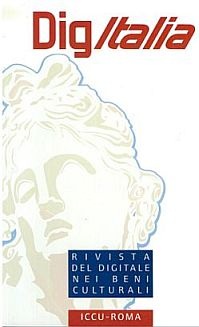La normazione in Italia e la Commissione DIAM
Keywords:
DIAM, UNI/DIAM, Comitato Elettrotecnico Italiano, Microforme,Abstract
La Commissione Documentazione, informazione automatica e multimediale (DIAM) dell’UNI è responsabile in Italia dell’adozione delle norme internazionali ISO e CEN e dell’elaborazione di norme italiane nei settori di sua competenza, che interessano in particolare biblioteche e archivi.Analogamente a quanto avviene a livello internazionale nell’ISO TC 46, la DIAM è articolata in sottocommissioni e gruppi di lavoro. I coordinatori e coloro che partecipano alle attività DIAM sono esperti, rappresentanti di ministeri, biblioteche, archivi, istituti scientifici, culturali, universitari e di ricerca, associazioni professionali, che mettono volontariamente e gratuitamente a disposizione le loro conoscenze e la loro esperienza, contribuendo all’elaborazione delle diverse norme. Si tratta di norme che trattano di argomenti vari: dalle codifiche alla traslitterazione, dalle statistiche alla presentazione, identificazione e descrizione di documenti.
Downloads
Download data is not yet available.
Downloads
Published
2007-01-18
How to Cite
Mazzola Merola, G. (2007). La normazione in Italia e la Commissione DIAM. DigItalia, 2(1), 11–20. Retrieved from https://digitalia.cultura.gov.it/article/view/410
Issue
Section
Essays
License
The Authors publishing their contributions on this journal agree to the following conditions:
- The Authors detain intellectual property rights of their work and transfer the right of first publication of the work to the journal, under the following Licence: Attribution-ShareAlike 3.0 Italy (CC BY-SA 3.0 IT). This Licence allows third parties to share the work by attributing it to the Authors and clarifying that the work has been first published on this journal.
- Authors can sign other, non-exclusive licence agreements for the dissemination of the published word (e.g. to deposit it in an institutional archive or publish it in a monography), provided that they state that the work has been first published on this journal.
- Authors can disseminate their work online (e.g. in institutional repositories or on their personal websites) after its publication, to potentially enhance knowledge sharing, foster productive intellectual exchange and increase citations (see The Effect of Open Access).






